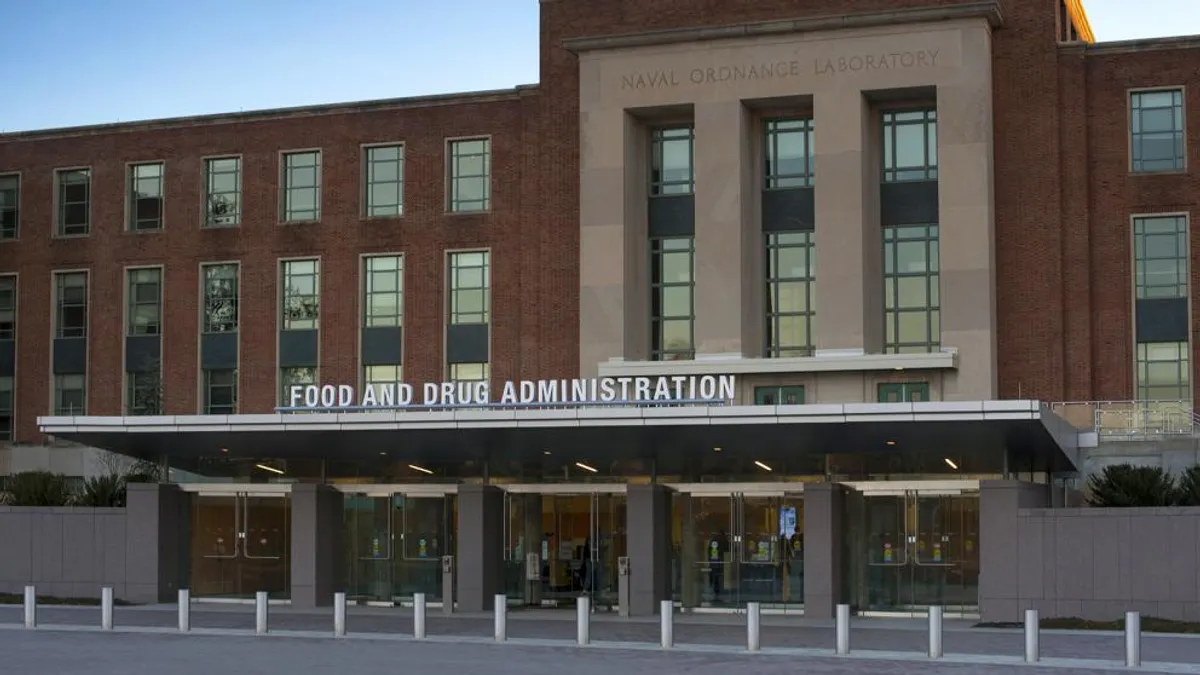Dive Brief:
- The White House expects the Food and Drug Administration to finalize its contentious proposed rule on laboratory developed tests (LDTs) in April.
- Officials included the FDA’s proposal on the regulatory agenda for fall 2023 and put April as the final action date. The timeline gives the FDA months to work through an avalanche of feedback and revise its draft to create a final rule.
- TD Cowen analysts, who flagged the April target in a note to investors, said it is “unclear if and when FDA will finalize the rule as it has faced considerable opposition and would likely be challenged in court.”
Dive Insight:
The FDA’s plans to increase oversight of LDTs using its existing powers, rather than waiting for Congress to legislate on a new framework, have caused alarm. In their comments to the FDA, laboratories and hospital groups raised “grave concerns,” warning that the proposals are “poorly suited for independent clinical laboratories” and will “have an unquestionably negative impact on patients’ access to essential testing.”
The Biden administration’s notice outlines the need for a rule on LDTs, states the FDA has considered various alternatives to its plan, and predicts that the policy would create compliance costs for laboratories but lower healthcare costs.
Cowen analysts said that “while dates listed aren't binding, the report provides insights on the administration's priorities.” The upcoming presidential election is one reason for the FDA to act quickly, with the analysts noting that a Republican White House could block the rule if the agency fails to finalize the policy by May.
The analysts, like trade groups including AdvamedDx, favor a legislative answer to the question of how to regulate LDTs. However, with Congress failing to pass the VALID Act, the FDA wants to act independently. A point of contention is whether the agency has the authority to regulate LDTs. The analysts expect the agency to face legal challenges if it finalizes the rule.
Another proposed medtech rule is absent from the Biden administration’s fall 2023 schedule. In June, the Centers for Medicare and Medicaid Services proposed a new reimbursement process to expedite coverage of certain breakthrough devices. However, the decision to limit the pathway to five reviews a year was challenged, and the proposed rule is missing from the fall schedule.
The Cowen analysts wrote that the pathway “remains a priority for CMS,” adding that there remains interest on Capitol Hill. An earlier, Trump-era attempt to create a similar pathway was repealed after the Biden administration came to power.











